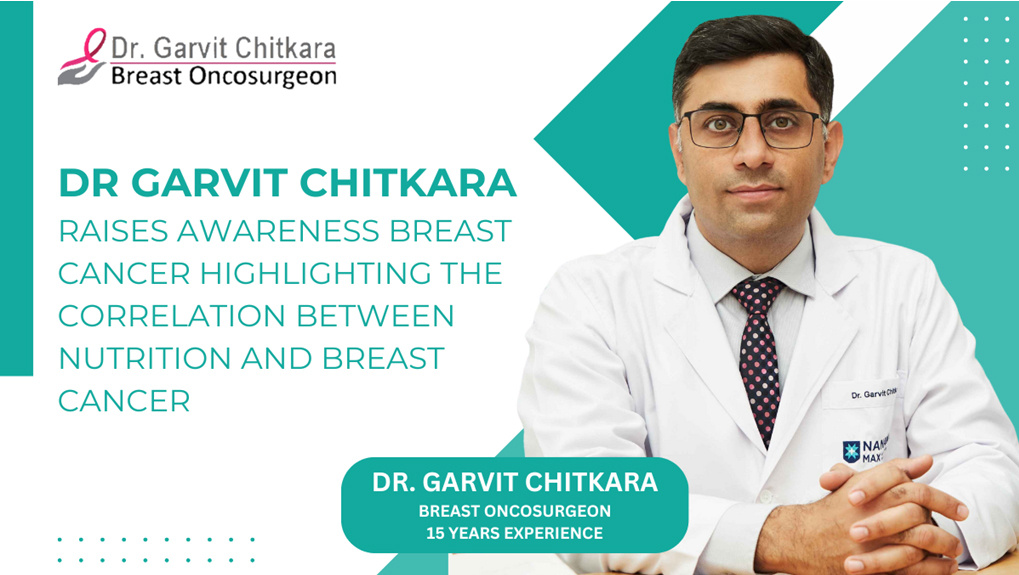Hyderabad, (Telangana), [India], 23 September 2024: Apollo Hospitals, Secunderabad, in collaboration with the Apollo Institute of Medical Sciences and Research (AIMSR), successfully hosted the 8th Arthroplasty Arthroscopy Summit 2024 (AAS). Organized under the aegis of the Telangana Orthopaedic Surgeon’s Association (TOSA) and the Twin Cities Orthopaedic Society (TCOS), the event took place at AIMSR, Jubilee Hills, and featured top orthopaedic professionals. Dr. Mithin Aachi, Course Director of AAS and Senior Ortho & Joint Replacement Surgeon at Apollo Hospitals, Secunderabad, along with Dr. N. Somashekar Reddy, Organizing Chairman of AAS and Senior Ortho & Joint Replacement Surgeon at Apollo Hospitals, Hyderabad, shared insights with the media on the innovative techniques discussed during the summit.
The event saw participation from over 250 orthopaedic surgeons, including several young professionals from across Telangana. The primary focus of this year’s summit was to introduce and educate emerging orthopaedic surgeons on the latest surgical techniques. Nearly 50 orthopaedic procedures and methods were showcased, delivered by a renowned panel of national and local faculty members.
Dr. N. Somashekar Reddy emphasized that the summit serves as a comprehensive teaching exercise, providing valuable knowledge and hands-on experience for young surgeons. The summit’s main focus this year was on innovative methods to treat joint conditions without resorting to knee or hip replacements. Topics included revolutionary cartilage regeneration techniques, offering patients an alternative to invasive procedures. Additionally, the summit explored the advancements in robotic-assisted surgeries, discussing their efficacy in comparison to traditional methods, aiming to enhance surgical outcomes and patient recovery.
Dr. Mithin Aachi highlighted the critical role of robotics in joint replacement procedures, particularly in enhancing precision during complex surgeries. The summit also introduced new single-stage procedures for cartilage lesions in the knee, which aim to prevent the progression of arthritis. These procedures, combined with advanced techniques in joint preservation and minimally invasive shoulder surgeries, are setting new standards in orthopaedic care.
While robotic surgery is still under long-term evaluation, it has demonstrated notable benefits in procedures like hip replacements and severe knee deformities. Dr. Aachi further mentioned the potential of indigenous robotic solutions, which could drastically reduce costs and improve access to advanced treatments, transforming the orthopaedic landscape in India.
The summit concluded with a consensus that while senior surgeons can often achieve comparable results to robotic systems, robots are particularly useful in addressing complex deformities. The “Make in India” initiative was highlighted as a promising approach to reducing the costs of robotic technology, further broadening access to cutting-edge treatments in the country.
The discussions also covered new single-stage techniques for treating cartilage lesions, which have shown promising short-term results in preventing osteoarthritis. However, experts stressed the importance of long-term studies to generalize the outcomes of these advanced techniques.



